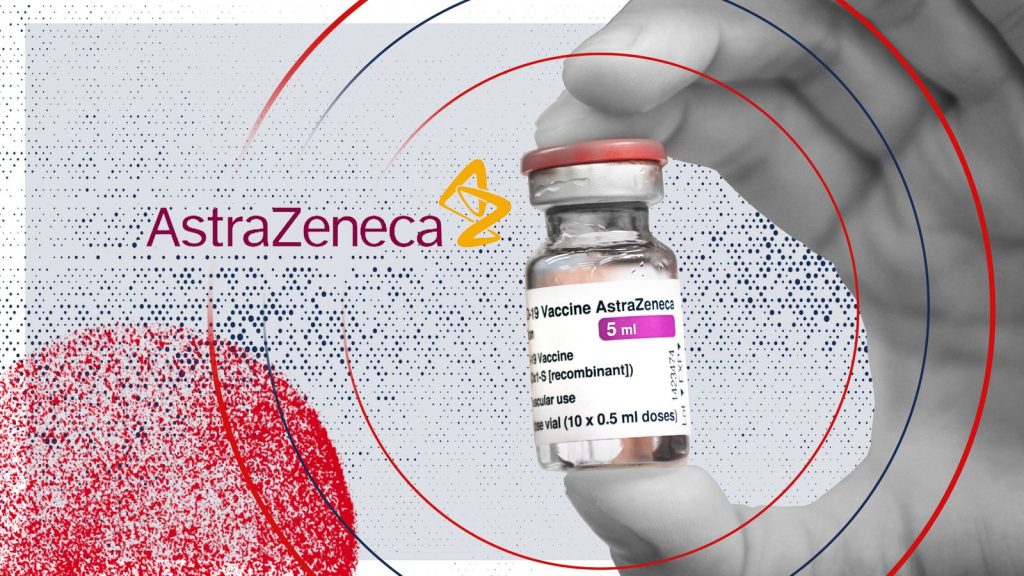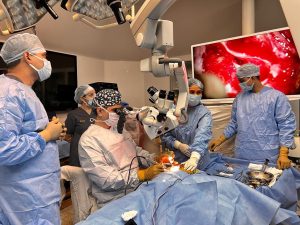Study finds slightly increased blood clot rates after AstraZeneca Covid-19 jab


NEW DELHI: A large study in Denmark and Norway has found slightly increased rates of vein blood clots, including in the brain, among adults who had received their first dose of the Oxford-AstraZeneca COVID-19 vaccine, compared with expected rates in the general population.
However, the study published in The BMJ on Wednesday, stresses that the risk of such adverse events is considered low.
The researchers from University of Southern Denmark, and Norwegian Institute of Public Health, set out to compare rates of blood clots and related conditions after vaccination with the Oxford-AstraZeneca vaccine with those in the general populations of the two countries.
The findings are based on 280,000 people aged 18-65 who received a first dose of the Oxford-AstraZeneca COVID-19 vaccine, known as Covishield in India, from February 2021 through to 11 March 2021 in Denmark and Norway.
Using national health records, they identified rates of events, such as heart attacks, strokes, deep vein blood clots and bleeding events within 28 days of receiving a first vaccine dose and compared these with expected rates in the general populations.
The researchers found 59 blood clots in the veins compared with 30 expected, corresponding to 11 excess events per 100,000 vaccinations.
This included a higher than expected rate of blood clots in the veins of the brain, known as cerebral venous thrombosis (2.5 events per 100,000 vaccinations), the said.
However, the team found no increase in the rate of arterial clots, such as heart attacks or strokes.
For most remaining outcomes, results were largely reassuring, with slightly higher rates of less severe events such as thrombocytopenia — a condition related to low blood platelet levels — clotting disorders and bleeding.
The researchers said these events could be influenced by increased surveillance of vaccine recipients.
This is an observational study, so cannot establish cause, only correlation, the researchers said.
They also point to some limitations, such as a lack of data on underlying risk factors for clotting and the possibility that their results may not apply to other ethnicities.
However, strengths include the large population based approach, using reliable national registry data and near complete follow-up of participants.
The absolute risks of venous thromboembolic events described in this study are small, and the findings should be interpreted in the context of the benefits of COVID-19 vaccination at both the societal and the individual level,” the researchers said.
BMJ editors Rafael Perera and John Fletcher noted that COVID-19 is itself associated with cerebral venous thrombosis, adding that vaccination remains overwhelmingly the safest option.
“The choice we nearly all face is between eventual SARS CoV-2 infection or vaccination. The Astra-Zeneca vaccine is clearly a good choice, despite the likely risks reported in this study,” the editors wrote.
“Quantifying the comparative risk associated with other vaccines is now a research (and public health) priority,” they concluded.
Source: Press Trust of India




